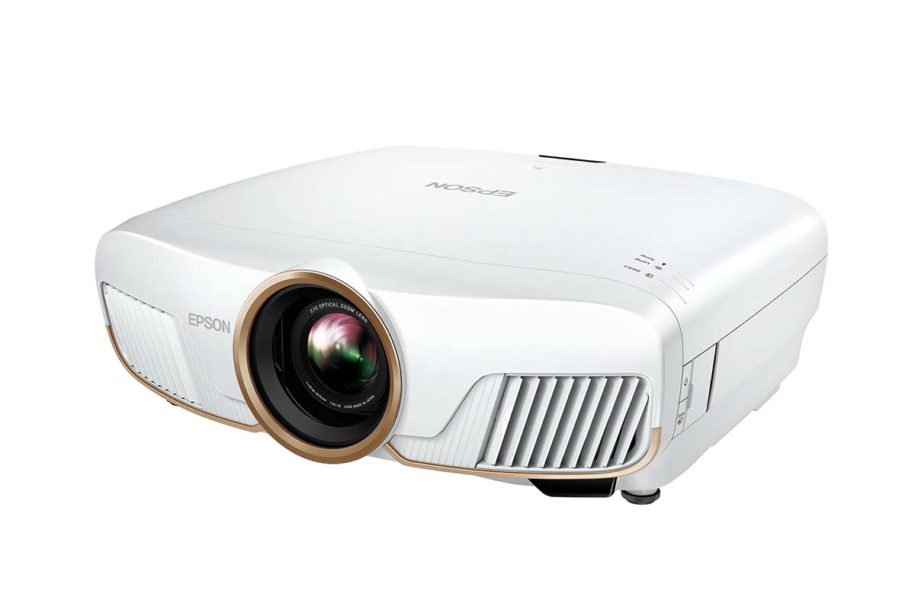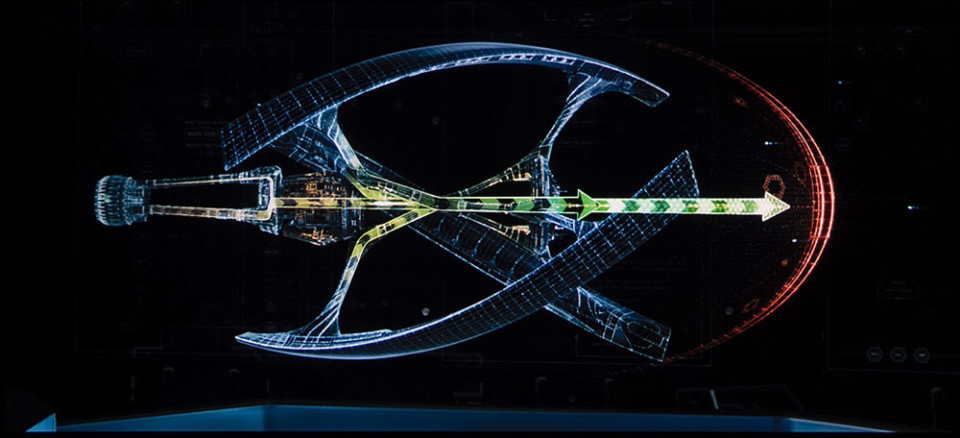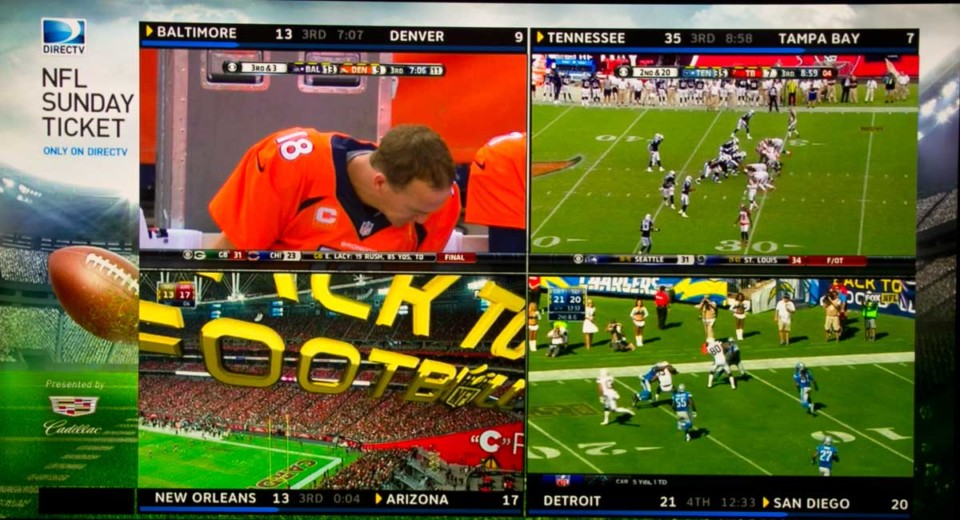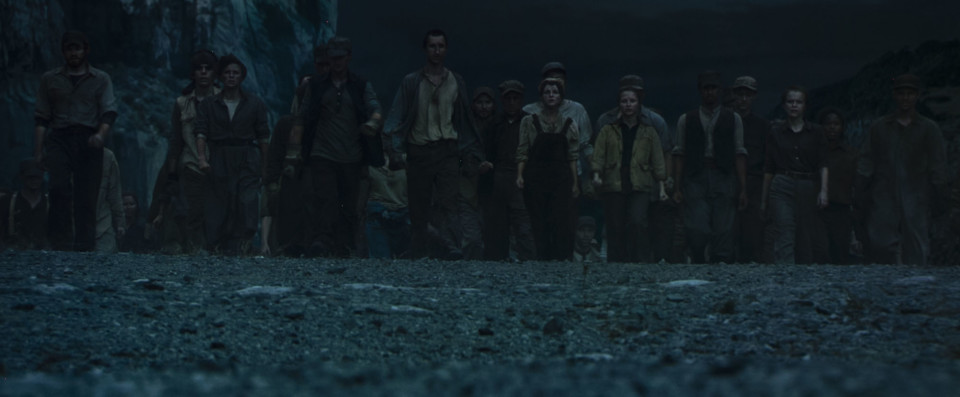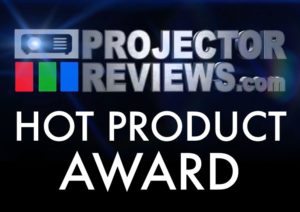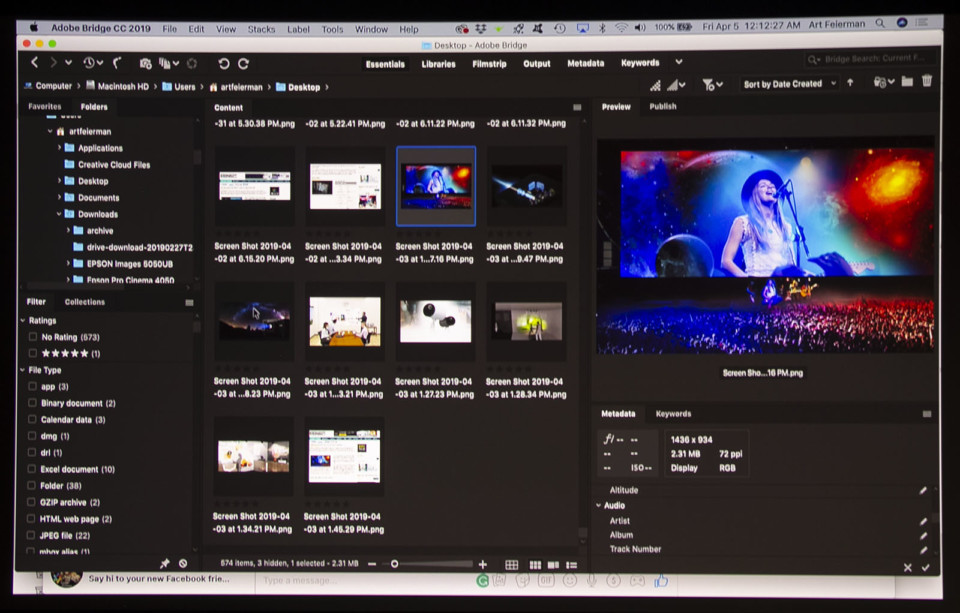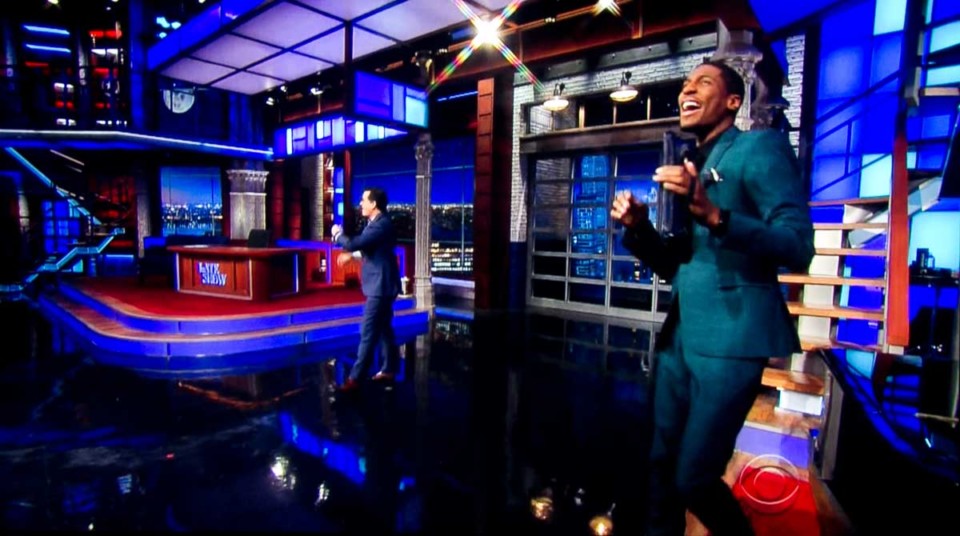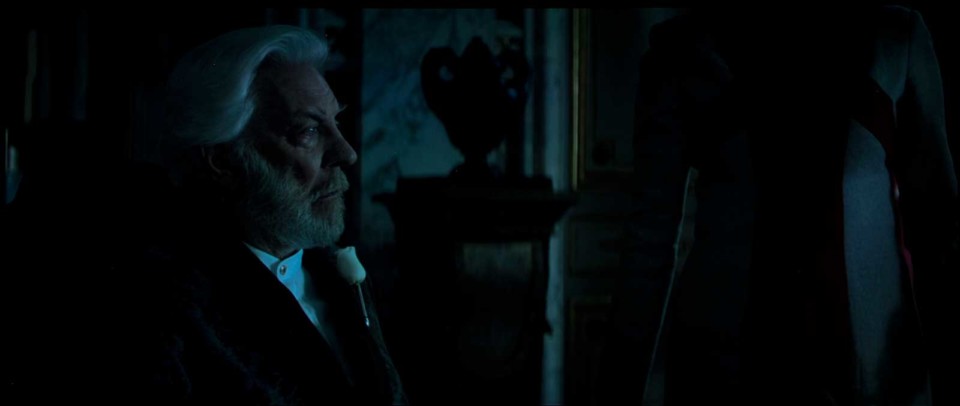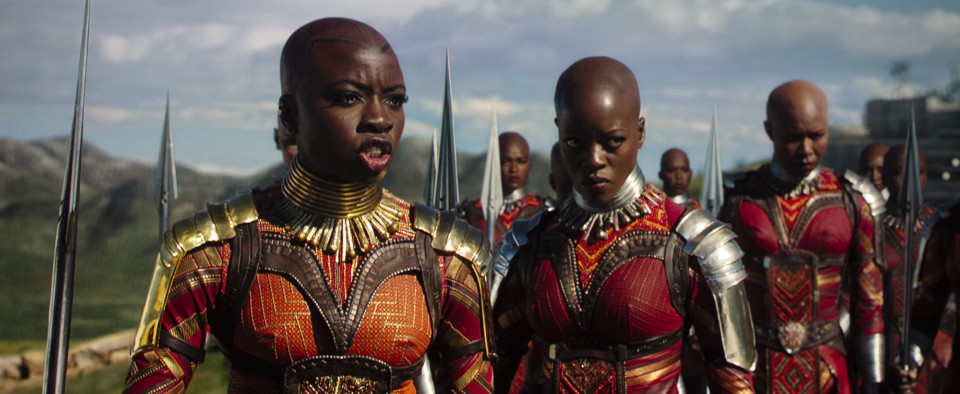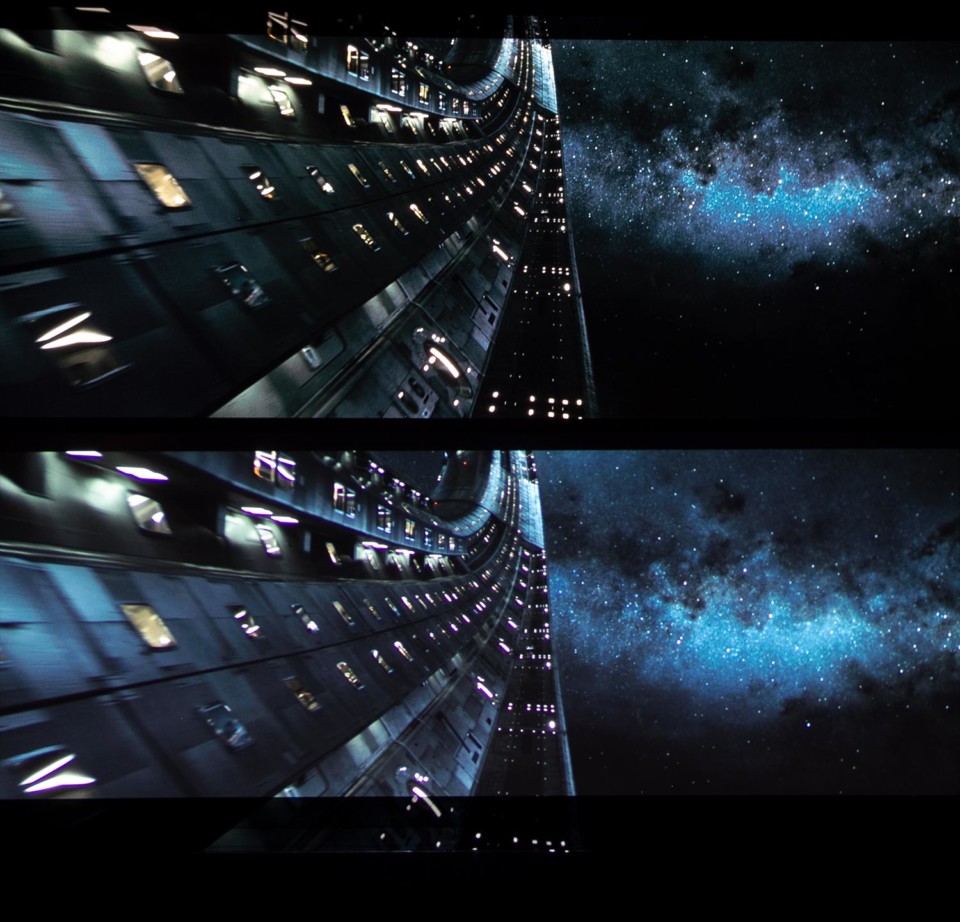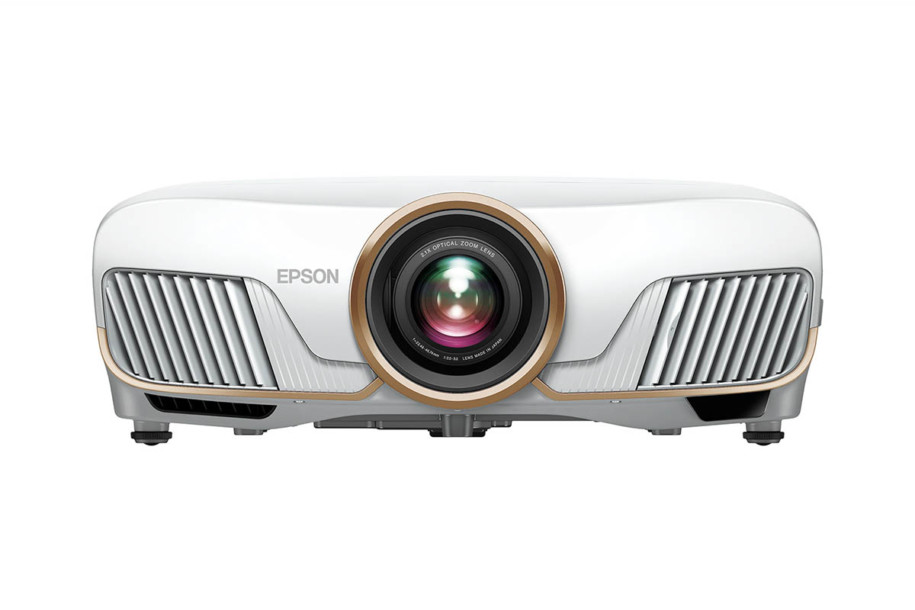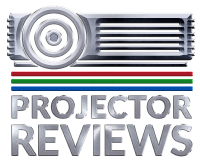As such, while there are 3000 lumen and 3500 lumen 4K UHD projectors out there, and that these Epsons only claim 2500 lumens, you can expect the Epsons to be basically as bright or brighter – calibrated (in this case our calibrated Natural mode), than those DLPs claiming far more lumens. Of course if you go to the Epson's very best mode – Digital Cinema, with its own, (but very different type of) color filter, you are down just about 1200 lumens (full power, wide angle on the lens), where many of these DLPs are once calibrated, produce even lower brightness, despite starting with higher claims.
When it comes to placement flexibility, it’s no contest, not one of those 4K UHD DLPs comes remotely close. Most lack lens shift, let alone offer a lot of it. None so far offer fully motorized zoom lenses with anything near 2:1 zoom ratios, and none offer Lens Memory!
All of those DLPs support HDR (ok, one or two of the originals did not), as does this Epson, and the less expensive HC4010, but we are just starting to see a few of the DLPs reach out and do decent near P3 color. Mostly they have come up very short.
And that while this Epson in Digital Cinema achieves over 95% of P3 color which is to say offer about 40+% wider color range than REC709, or most (non-laser) DLPs.
Some of those laser projectors are able to approach good P3 color, but so far, Eric finds all of them to have at least one primary or secondary color that doesn’t even get to REC709. (OK, that was too techie):
Short version: If your budget only gets you to about $1500 look at the BenQ HT3550 or the very smart Optoma UHD51A.Or, you can spend more: If you like the smarts, and the unique design of LG’s HU80KA that will cost you more than this Epson, but you are getting both a very smart projector (same menus, features, mostly, as their better LCD TVs and OLED TVs), as well as a long life laser light engine. On the other hand, the Epson 5050UB, is overall brighter, and has far more accurate color. And, when it comes to handling pretty dark scenes - black level performance, the LG is very entry level, compared to "best in class" for the Epson. aka: no contest. The Epson is serious "home theater" while the LG is fun home entertainment.
One area where some of the competition had an advantage over the older 5040UB, but not compared to the 5050UB, is support for HLG – Hybrid Log Gamma (discussed elsewhere in this review). The 5050UB's HLG has the same type of tone mapping control as HDR10 - that is, a range of 0-15 with default at 8. BTW, for those that skipped other parts of this review and are new HDR: HLG is a newer (but not a replacement) HDR solution complementing HDR10 (which is the standard for 4K Blu-ray UHD discs, among other things). HLG is for broadcast, and also streaming.
Most of the new 4K UHD DLPs, as well as that $4K JVC and the $5K Sony also support HLG. You can check out our 2018 Best Home Theater Projectors report for more in most of the DLPs we reviewed, although we've reviewed several since the fall, including the BenQ HT3550, my previous review and perhaps the most interesting projector (in terms of picture) at $1500, for those of you who can't spring for this Epson.
Other DLPs, such as some of more expensive lasers, and the lamp based Optoma UHD65, use a slightly higher resolution chip: 2716x1528x2 (they hit the screen twice, like the Epson’s but with pixel sizes half way between native 4K and 1080p.
When it comes to LCoS JVC's $4000 RS540U is similar in design - a 2.1:1 zoom lots of lens shift (not as much) and even better black levels. The Epson definitely is a good bit brighter, however. Overall I favor Epson's image processing abilities over JVCs, but that JVC is a top performing projector. The next JVC up in their lineup is $7000 and native 4K, so not really competition.
Sony, on the other hand has a couple of non 4K capable projectors that straddle the HC5050UB's price, including their $2000 VPL-HW45ES which we really like - if you can live without 4K. The real competition though for the Epson is the native 4K VPLVW295ES, at $5000. A great projector, but, even so, there's one area where the Epson handily outperforms it - black levels. This Sony does very well considering it has no dynamic iris, but it isn't close on those dark scenes. You would have to move up to Sony's $10,000 entry to roughly match the black levels of the Home Cinema 5050UB.
Again, re 4K handling - sharpness and detail:
Truth is, if you are sitting say, 15 feet back from a 100” diagonal screen, you probably can’t tell which of these are sharper, as its more about their image processing than their chip resolution! Even closer, any differences are more perception, than reality, and they still aren't dramatic.
So, you really don't need to worry not about sharpness, More important should be overall picture quality, placement, brightness, obsolescence, warranty, etc.
On the comparison image below, note how the Epson (top) has deeper blacks. Also, the spaceship itself seems too bright on the BenQ. When viewing these two live, the difference is much greater than here (due to heavy compression of the images, about 50:1), which requires compromises in dynamic range, etc.

